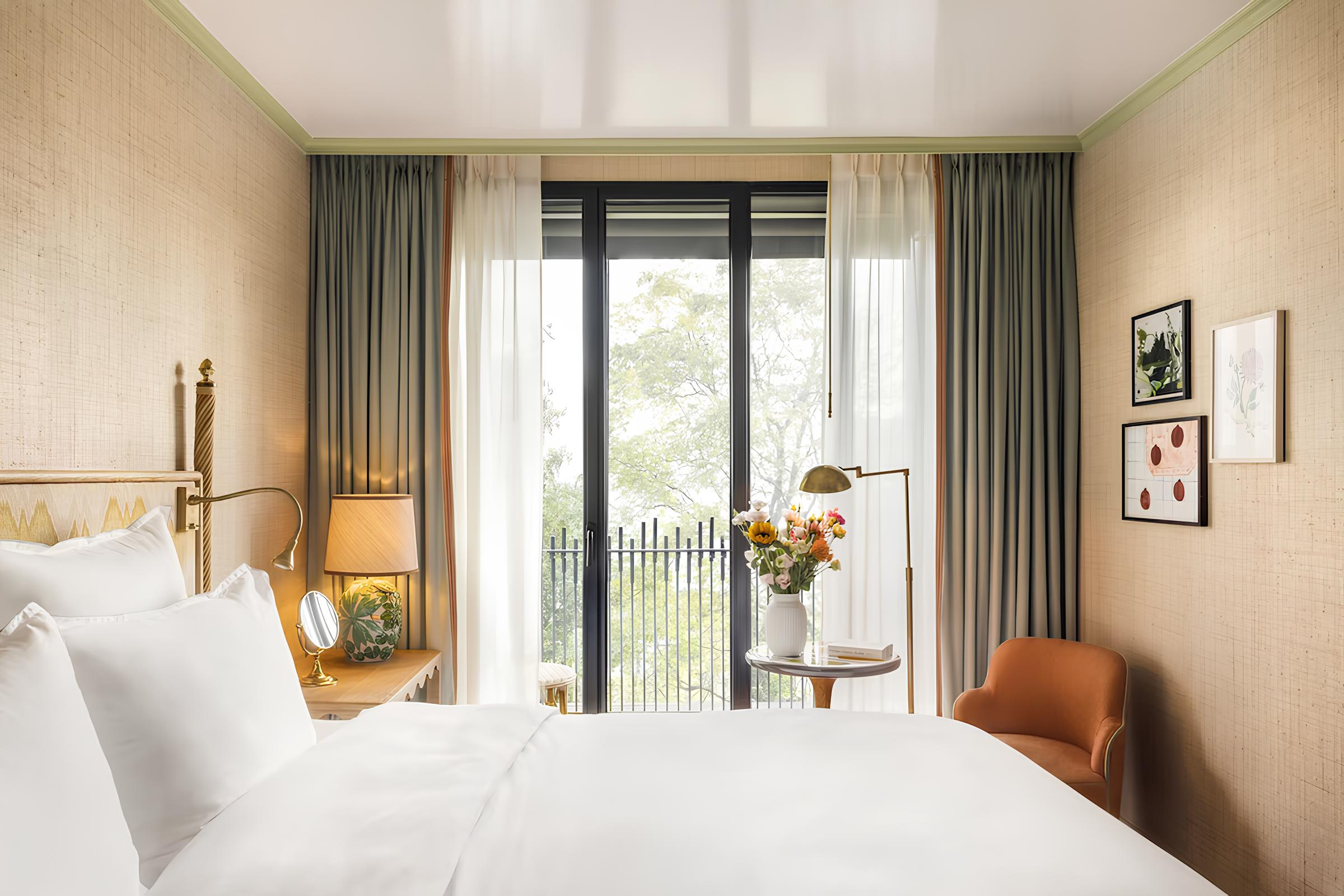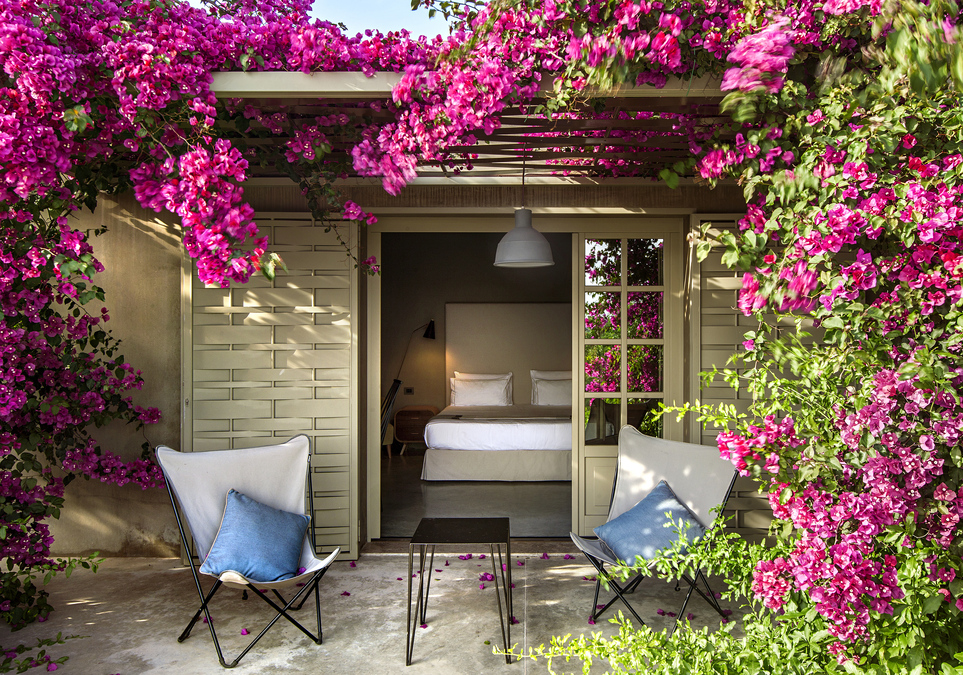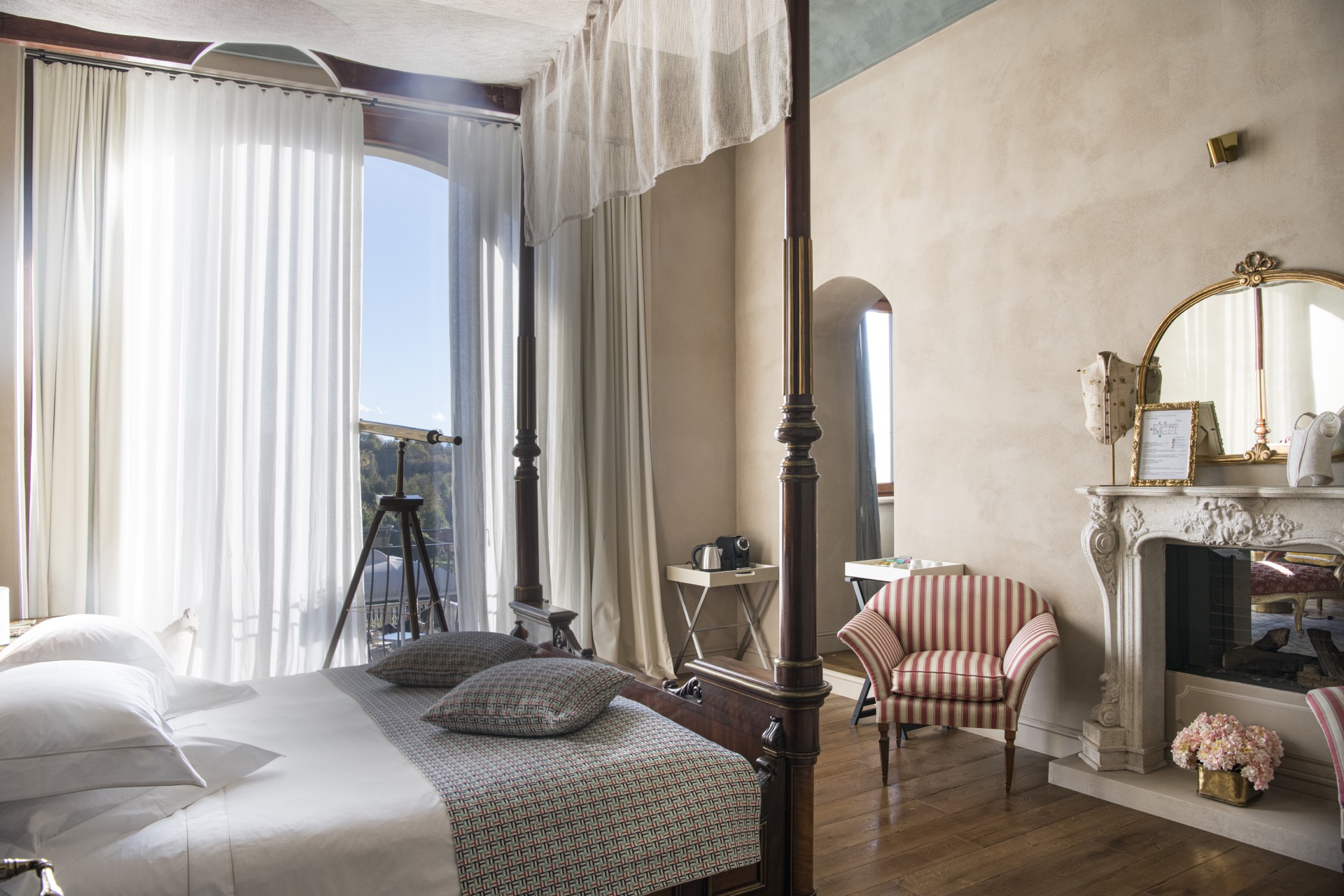Why Small Hotels Are Winning the Luxury Game
Small boutique hotels are reshaping modern luxury with intimacy, design and a deep sense of place. Discover why travellers increasingly choose them over large resorts.

How intimacy, design and a sense of place are redefining modern luxury
There is a certain warmth you feel when you step into a small hotel, the kind that arrives before you recognise it. It might be the pace of the welcome, a quiet lobby that feels more like a living room, or the soft hum of a place that isn’t trying to impress you through scale but through intention. Travellers notice it immediately. It’s subtle, but unmistakable. And it explains why small hotels have become the places shaping the new language of luxury.
For years, prestige depended on size. The more amenities, the more rooms, the more everything, the greater the promise of comfort. Yet travellers have changed. They now look for personality rather than spectacle, for atmosphere rather than abundance, and for hotels that feel rooted in their surroundings rather than floating above them. Luxury has become quieter and more emotional, and small hotels were already there before the shift began.
A New Way of Defining Comfort
Large hotels once relied on volume and uniformity. The experience was controlled, polished and predictable. Today, that predictability feels less like comfort and more like distance. Guests increasingly prefer an environment shaped around proportion, calm and a genuine sense of welcome.
You feel it in places like Tuscany, where restored countryside retreats move at the rhythm of the landscape rather than the rhythm of a schedule, and in Rome, where intimate boutique hotels settle inside neighbourhoods instead of sitting apart from them. Luxury has turned inward, favouring spaces that feel lived in, designed with care and free from unnecessary excess.
The Value of Personality Over Perfection
One of the most striking differences between small hotels and large ones is identity. Big properties tend to pursue consistency above all else. Design, scent, layout and colour palettes must align across cities and continents. Boutique hotels follow no such script. Their character grows from the building itself, from the owner’s vision, from the local artisans who shaped the materials, or from the designer who spent time understanding the mood of the place before making any choice.
You see this in Puglia, where limestone tones and natural textures guide the atmosphere, or along the Amalfi Coast, where cliffside architecture dictates curves, colours and light. In Sicily, contemporary touches often sit beside hints of the island’s layered history, creating rooms with an honesty that cannot be replicated in larger, standardised properties.
In small hotels, nothing feels interchangeable. And in a world saturated with uniformity, that uniqueness has become rare enough to feel luxurious.

Hospitality That Happens Naturally
Service is another area where small hotels stand apart. Large properties, even the most refined ones, rely on systems and routines designed to handle volume. The result is efficiency, not intimacy. Small hotels don’t need to orchestrate hospitality. It unfolds on its own.
You speak to the same people each day. Conversations develop without hurry. Recommendations come from genuine knowledge, not from a script. Breakfast reflects the season rather than a formula. The pace is human because the scale allows it. And that human rhythm has become one of the strongest markers of modern luxury.
Design With Intention, Not Scale
Design in small hotels feels different because it has room to breathe. Without the pressure of replicating a concept across hundreds of rooms, every space can respond to its proportions, its light, its textures. Handmade ceramics, local stone, textiles with real stories behind them, these elements appear not because they match a theme but because they belong to the place.
This is why design-led stays in Tuscany or the Greek Islands feel immersive even before you unpack. You enter a room and nothing is trying too hard, yet everything carries meaning.
Privacy Without Isolation
In the past, luxury was associated with visibility. Today, it is defined by the ability to step away from noise without feeling removed from life. Small hotels offer that balance naturally. Shared spaces remain calm, terraces feel personal, and even at full occupancy you rarely feel the presence of other guests.
Regions like Piedmont, Tuscany and the Amalfi Coast show how this sense of seclusion becomes part of the architecture itself. Privacy is no longer an upgrade. It is the essence of the experience.
For travellers who seek a gentler pace and a deeper connection to themselves, our curated selection of Wellness Retreats offers a closer look at small hotels shaped around calm, nature and slow living.

A Stronger Connection to Place
Small hotels rarely need to simulate authenticity because they already live within it. The ingredients in the kitchen follow the seasons because that is how people eat locally. Interiors borrow materials and tones that belong to the region. Advice comes from lived experience rather than a corporate programme. The hotel becomes part of the landscape rather than a structure imposed on it.
This grounded quality is increasingly what travellers look for, not an imitation of local life, but a version of it that feels honest.
If design is what draws you in, our collection of Design Hotels offers a curated look at properties where architecture and craftsmanship shape the atmosphere at every scale.
Luxury’s Future Belongs to the Small
The shift toward small hotels isn’t a trend. It’s a redefinition. Travellers want places that feel intentional, intimate and rooted. They want an experience shaped by atmosphere rather than spectacle, by character rather than scale, by human warmth rather than formal routines.
You can feel this new idea of luxury in the design-driven stays in Rome, in the hillside calm of Tuscany, in the Mediterranean softness of Puglia and in the sculpted quiet of the Amalfi Coast. These hotels aren’t trying to follow a movement. They are defining it.
To explore the best examples across the country, you can browse our guide to the Best Boutique Hotels in Italy, where each property reflects a different way of interpreting this quieter, more refined idea of luxury.
FAQ
Why are small hotels becoming the preferred choice for luxury travellers?
Because travellers want intimacy, individuality and a sense of place, qualities that large-scale structures cannot replicate.
Are small hotels as comfortable as large luxury resorts?
Yes. Comfort depends on care, design and atmosphere, not on size.
Which Italian regions offer the best small luxury stays?
Tuscany, the Amalfi Coast, Rome, Puglia, Sicily and Piedmont all stand out for boutique hospitality.
Do small hotels offer enough privacy?
Absolutely. Their scale naturally creates calm, balanced spaces.
Is service more personal in small hotels?
Yes. Smaller teams allow for genuine, attentive interactions.
Are small hotels suitable for long stays?
They are ideal, especially for travellers who appreciate slower rhythms.